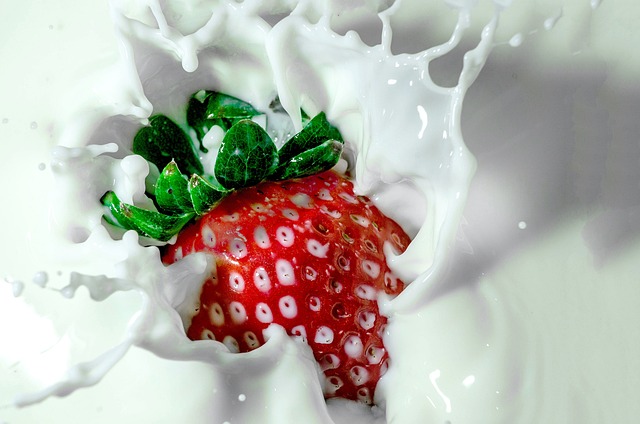Inside Out: The Link Between Probiotics and Mental Health
Probiotics are live bacteria and yeasts that are good for your health, especially your digestive system. These microorganisms can be found in certain foods, such as yogurt, kefir, kimchi, and sauerkraut, or taken as supplements. While most people associate probiotics with improved gut health, recent research has revealed a surprising connection between probiotics and mental health.
The Gut-Brain Axis
The gut-brain axis refers to the bidirectional communication between the central nervous system (CNS) and the enteric nervous system (ENS), which controls the digestive system. The ENS is sometimes called the second brain, as it contains more than 100 million neurons that can operate independently of the CNS. The gut and the brain are also connected by the vagus nerve, which transmits signals in both directions.

Research has shown that the gut-brain axis plays a crucial role in many aspects of health, including digestion, metabolism, immunity, and mood. In fact, up to 90% of the body’s serotonin, a neurotransmitter that regulates mood and appetite, is produced in the gut. Therefore, disturbances in the gut microbiota, the community of microorganisms that inhabits the digestive tract, can affect brain function and behavior.
“The gut microbiota has been implicated in anxiety, depressive disorders, and autism spectrum disorder.”
Probiotics and Mental Health
Probiotics have been shown to modulate the gut microbiota and improve various digestive disorders, such as irritable bowel syndrome, inflammatory bowel disease, and diarrhea. However, emerging evidence suggests that probiotics may also have beneficial effects on mental health and well-being.
- Anxiety and Depression: Studies have found that certain strains of probiotics, such as Lactobacillus and Bifidobacterium, can reduce anxiety and depression symptoms in both animals and humans. For example, a randomized controlled trial of 40 patients with major depressive disorder found that supplementation with the probiotic Bifidobacterium bifidum resulted in significant improvements in depression, anxiety, and cognitive function compared to placebo.
- Stress: Probiotics may also help improve resilience to stress, which is a major risk factor for many mental and physical health problems. An animal study showed that pre-treatment with Lactobacillus rhamnosus reduced anxiety- and depression-like behavior in response to stress, as well as the levels of stress hormones in the blood.
- Cognition and Memory: Preliminary research suggests that probiotics may enhance cognitive function and memory in healthy individuals. For instance, a study of 40 elderly people found that 12-week supplementation with the probiotic Lactobacillus acidophilus and Bifidobacterium lactis improved memory scores and reduced markers of inflammation.
Mechanisms of Action
While the exact mechanisms through which probiotics exert their effects on mental health are not yet fully understood, there are several hypotheses:
- Neurotransmitter Production:







